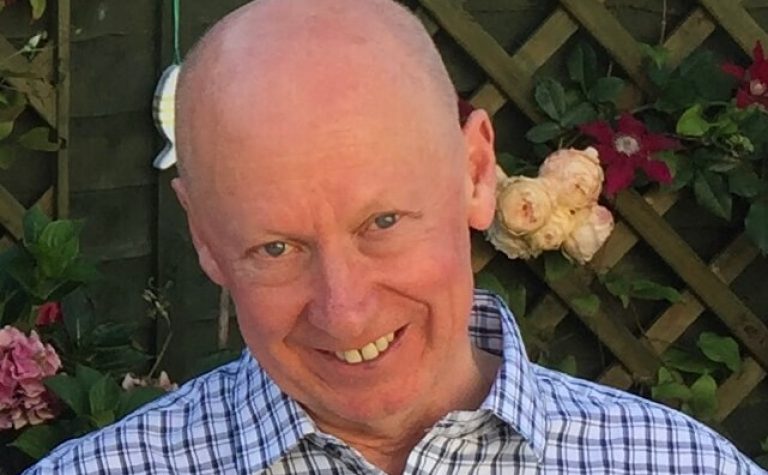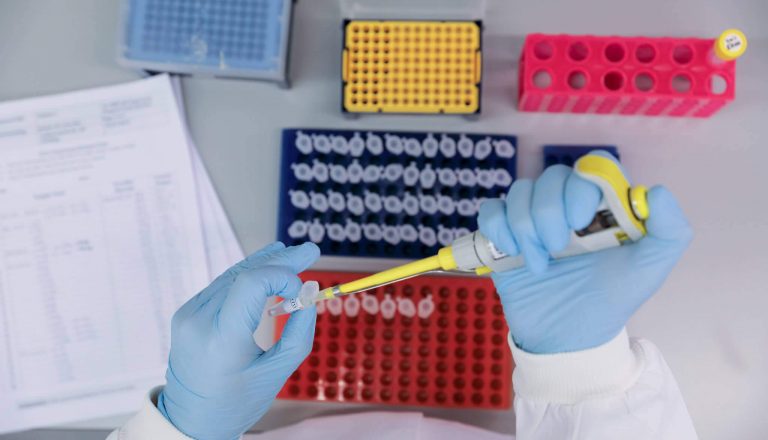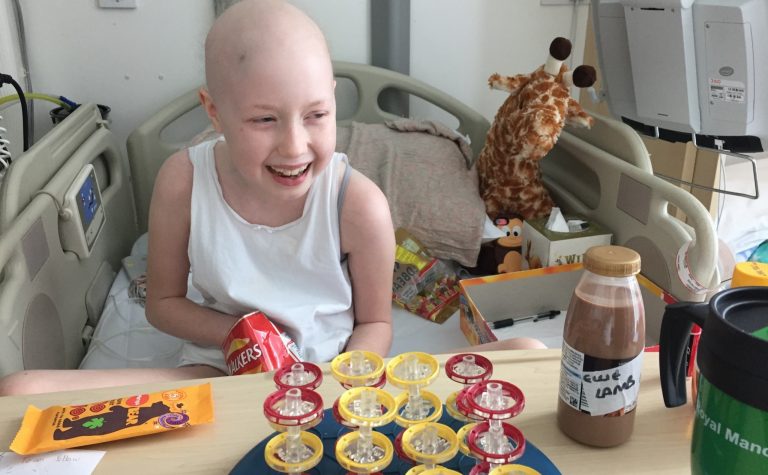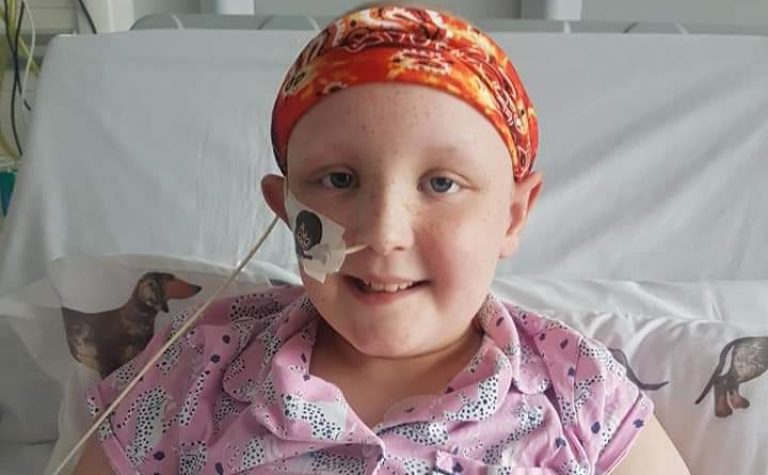Project Details
Project Title
Risk stratification of the national population of survivors of childhood, teenage and young adult cancer for evidence-based clinical follow-up
Lead Researcher
Professor Michael Hawkins
Research Centre
Centre for Childhood Cancer Survivor Studies, University of Birmingham
City & Institution Postcode
Birmingham B15 2TT
Start Date
1 October 2017
Duration
36 months
Grant Amount
£249,842




